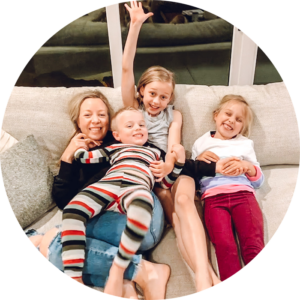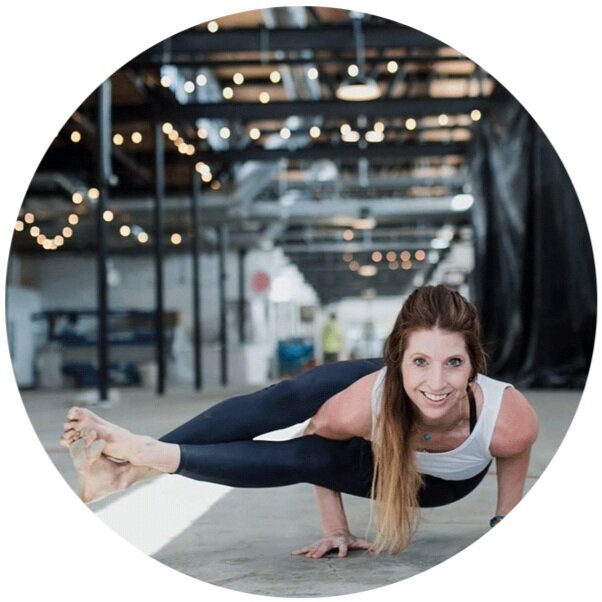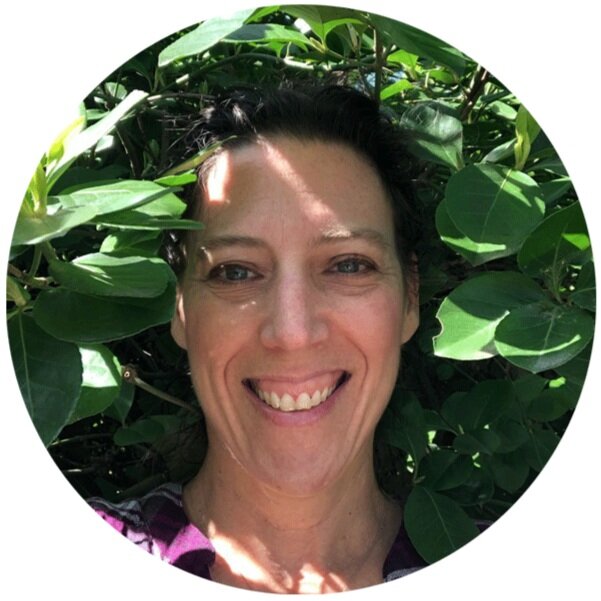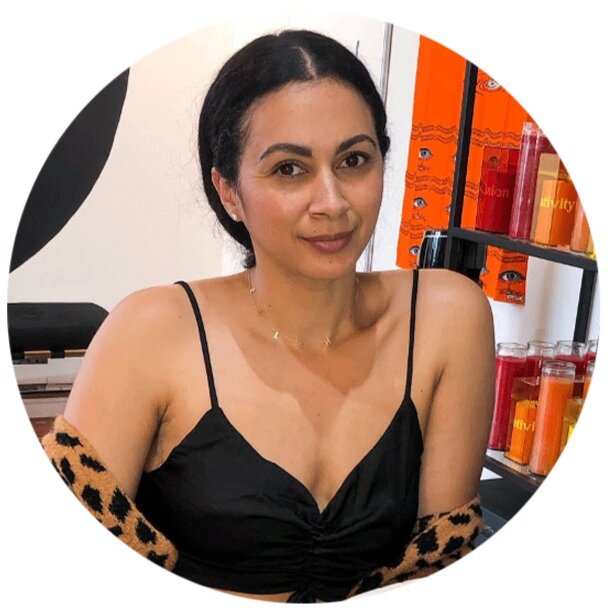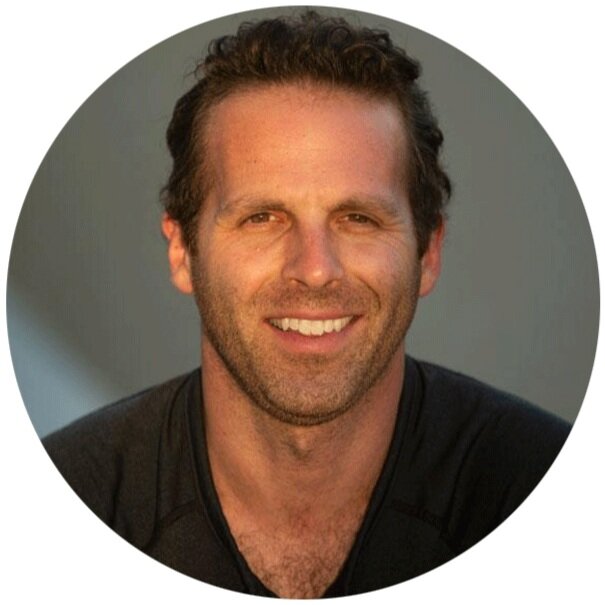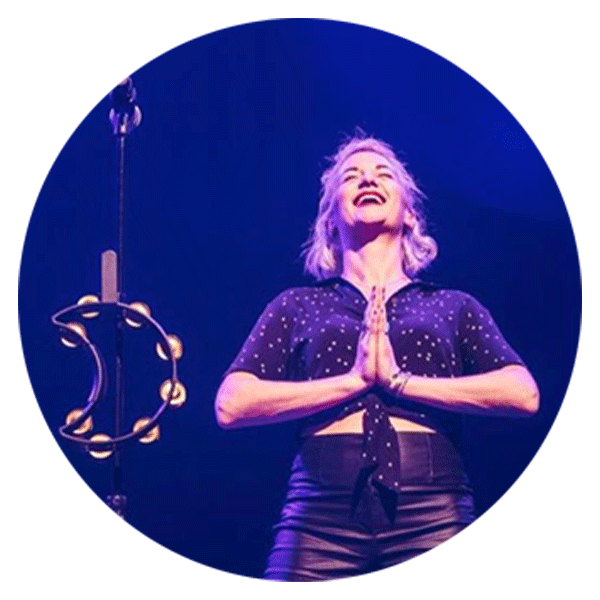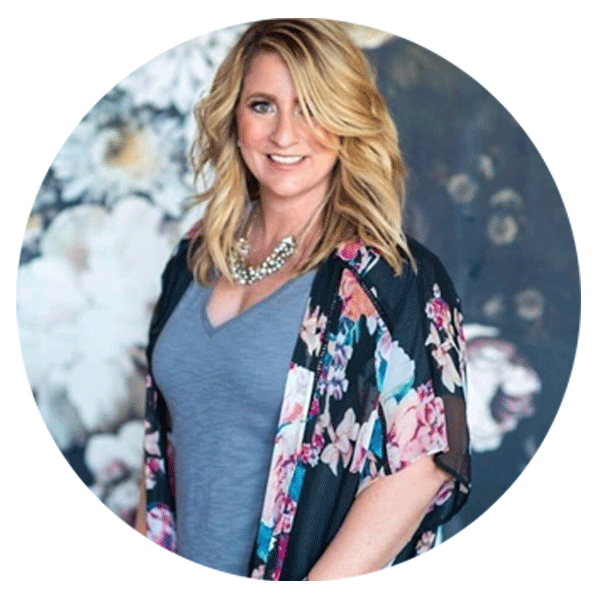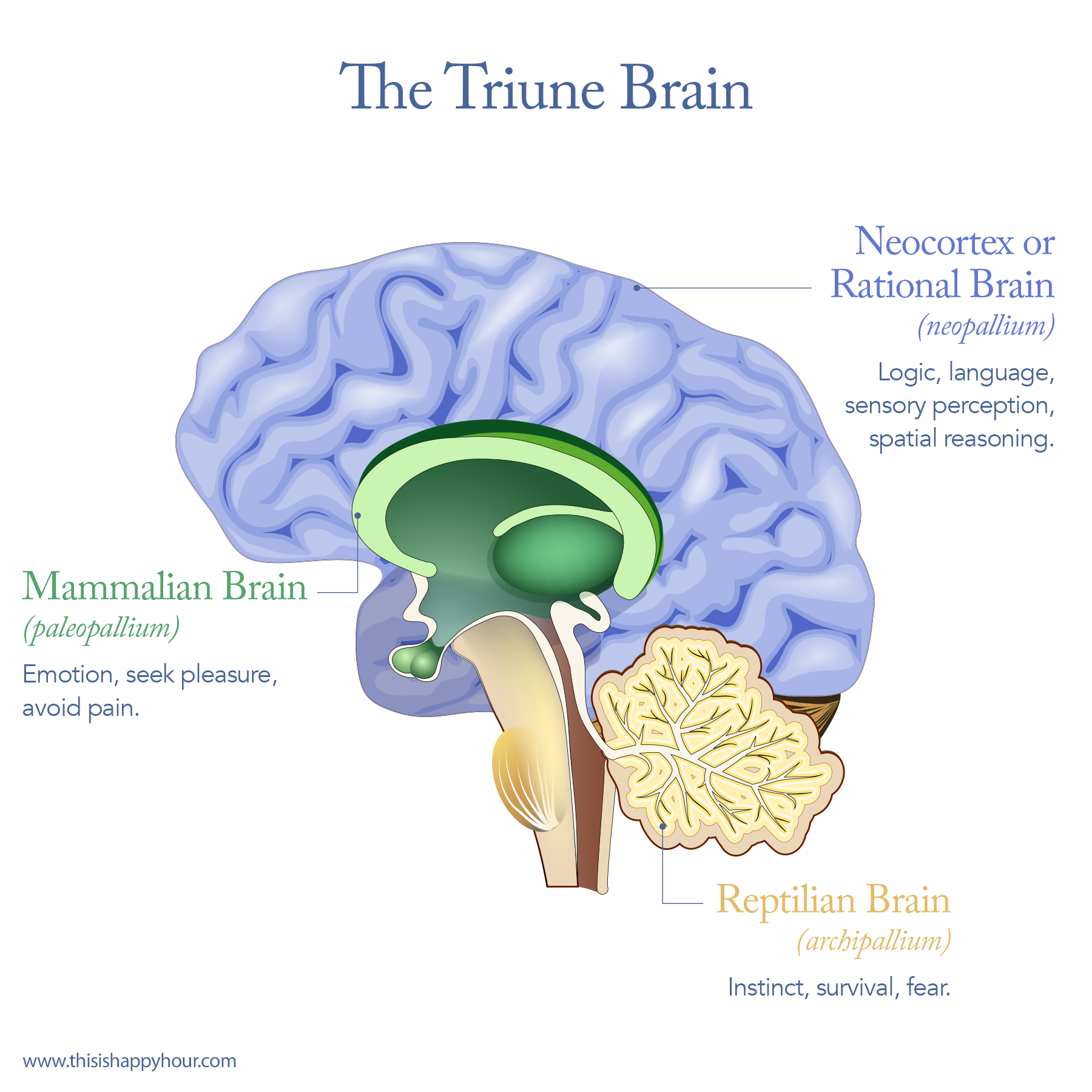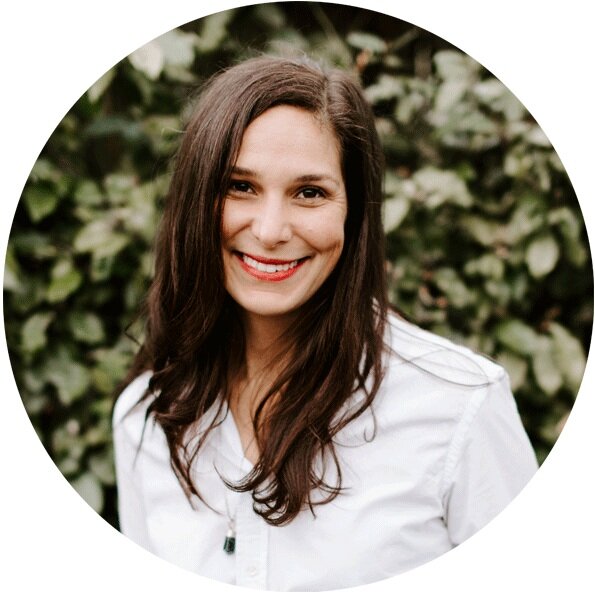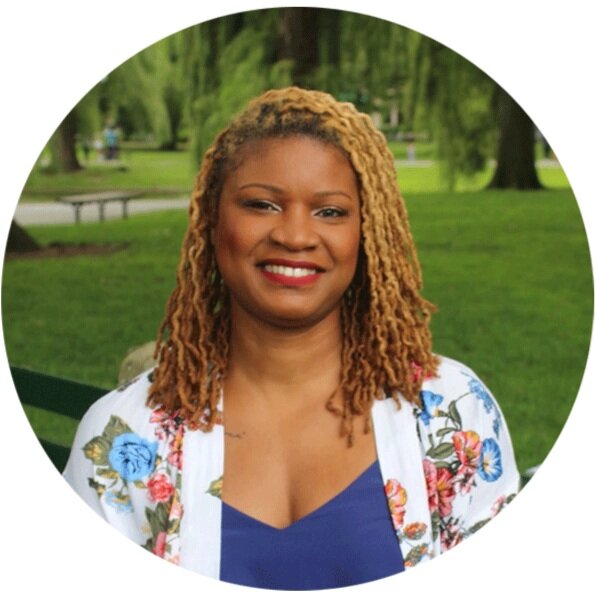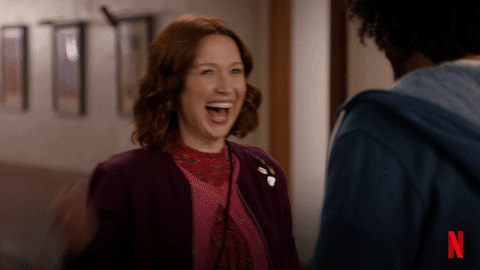In our new series, From Dr. Frock’s Desk, we sit down with Dr. Frock to gain a psychiatrist’s perspective, anecdotes, and tools on a variety of topics. This month, we are exploring the power of group therapy and coaching, and how you can use groups to catapult your personal growth.
What defines group work when it comes to mental health and how does it work?
In the mental health world, groups are typically structured with a group leader who has formal training in this realm. It’s not just a bunch of people getting together, it is a structured meeting with a frame, and guidelines on how things can operate, including things like some limitations, one person not dominating the time, making sure everybody gets a chance to participate. There could also be rules to help people communicate more effectively about themselves, and maybe avoid some topics that aren’t really why people are there. The interesting thing about group therapy and coaching is that it’s so customizable and each group is pretty different. Each group can be tailored to the topic and participants.
In your opinion, what makes group therapy and coaching so impactful?
Groups are like an exponential factor of the work you might be doing one-on-one with a therapist or coach. In a group, it almost seems like you can get a lot more done in terms of how you relate to other people. There’s always going to be somebody in the group that reminds you of someone else in your life. How they make you feel, based on what they’re saying, can provide a really good opportunity to identify and work on your own thoughts with your individual therapist or within that group- depending on the group structure and rules. Group leaders create opportunities that spark thought provoking conversation.
A lot of people are hesitant about group therapy or coaching, because of the fear of talking in front of others. What would you say to those people?
If you’re really worried about talking in front of people, then this is a great opportunity to do it. Everybody that’s there is interested in a certain topic, and they’ve been accepted in the program with the goal of being vulnerable and learning from others. This isn’t just like talking to a stranger on a street corner, or like public speaking. It’s a very measured, checked arena. A safe space for you to grow. If talking in front of others really does worry you, it’s almost a stronger argument for you to go. Because there’s something there, and by giving in to that fear, you’re only strengthening the avoidance, making it harder for yourself down the road.
Why are groups so powerful for the mom population, in particular?
In my private practice, for example, I hear a lot about feeling the need to Keep Up with the Joneses. A lot of mothers are comparing themselves- seeing other moms who seem to have “it all together”, wondering why they can’t be more like that. Why it seems harder for them than other moms. I think there’s a big opportunity for moms to be with other moms who also feel busy and lost. Not only would they have comradery, but they’ll get a glimpse behind the curtain and see that no-one actually has it all together.
Another thing that comes to mind is parenting burnout. Just feeling completely exhausted, which ties into self-care. This brings in a lot of societal themes that can be intense in terms of traditional gender roles in the household, or just digging into whether a partnership feels symmetrical or asymmetrical, and who’s contributing what. It’s very individualized for each couple, but I guarantee that there will be great opportunities for dialogue about that topic in a group setting with moms. Often, it’s very small things that come out in these kinds of settings, bringing insight into what is the true source of tension or burnout.
There’s also the aspect of moms being able to share tips with one another, not from the perspective of judgment or unsolicited advice, but from the perspective of lifting one another up and making each other’s lives easier.
Why would it be beneficial to work on something like your authenticity and spiritual connection with yourself in a group setting?
I think people will find some solace in the fact that not everybody else has figured it out. Regardless of where they’re coming from, if people are in the group looking for a chance to talk about what their purpose is, it’s very likely that everybody will kind of share some bewilderment about where to go next. I think it would be very helpful to a lot of people to know that they’re not like the only ones that are trying to figure it out. I could see people being inspired by one another’s breakthroughs and choices, providing each other accountability and a safe space to try ideas on, while setting aside material items and expectations while talking through their passions in an expansive way.
To take a step into something that goes against expectations can be scary, but I’ve noticed that when one person in the group makes a seemingly small step, but that takes a lot of courage, it can create a ripple effect of courage that spreads to the rest of the group.
In The Happy Hour’s group series, we have a virtual platform that allows group members to stay connected between sessions. Do you see a benefit there?
A lot of times with more traditional group therapy, you’ll meet once a week and be given a few assignments without much follow up. I just feel like the virtual platform would really enhance the efficacy of the work that’s actually done. Creating small, daily habits for group members to follow up on is powerful. I don’t hear about anything remotely close to that very often. So that, in itself, is pretty notable. It’s the real deal. People are going to get a lot more out of it.
Would I still get individual attention in a group?
Yes, as I mentioned before, that’s where the framework, structure and a skilled group leader come into play. With a good frame, everybody will get individual attention, particularly when there’s good dialogue, the leader can prompt individual attention.
Are there any downsides to being in a group?
In more acute hospital settings there can be a downside. An example might be a suicide survivors’ group, where someone tries to go and it’s just too fresh for them. In situations like that, joining the group a month or two later might be a better fit.
Regarding the type of groups offered here at The Happy Hour, I don’t think there’s much downside to group work. It’s a great opportunity for growth.
The content of this blog is for educational purposes only. It is not a substitute for a therapeutic relationship.
Looking to Catapult your Growth with Groups?
We have two fantastic groups coming up this month, including Moms Group Series and our bestselling Discover Your True North group course.
Sign up today – both groups start Tuesday September 20th!

